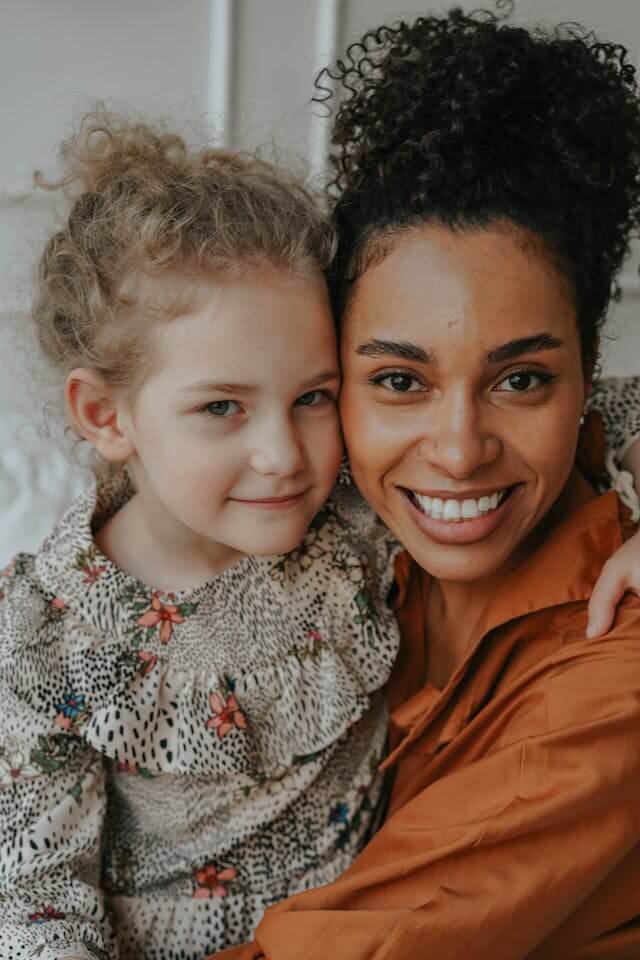Adoption is a common path to parenthood. In 2022, an estimated 80,598 children were adopted by U.S. parents through a mix of private domestic, foster care, and intercountry adoptions.
Adoption always begins with loss – but research shows that adoption can lead to positive outcomes for children and their family.
Here are some learnings and tips on how to support your adopted child:
1. Always be open and honest
You should always be transparent to your child about their adoption and try your best to answer the questions they may have (it’s okay to not have all the answers too!).
There are many ways to make learning about adoption fun for young children. I remember listening at bedtime to how my parents traveled to China to adopt me when I was nine months old and how excited they were to bring me to my new home in Canada. Here are some children’s books that can also help explain adoption as a different and beautiful path to creating a family. You can also creatively celebrate your child’s adoption through an Adoption or “Gotcha Day” with a favorite food or family activity.
In open adoption cases, you can decide on the frequency of communication with the child’s birth family, but many children would like the opportunity to eventually contact their biological family and build a relationship, if possible.
2. Be sensitive to your child’s culture and race
When adopting a child from a different ethnicity, you should also learn about different lived experiences with racism and improve your awareness of unconscious biases.
If your family and friend circle is not inherently diverse, you may want to intentionally seek out other communities where the child can meet friends and mentors who share their ethnicity and culture. Young children can benefit from seeing people who look like them reflected in daily interactions, as well as books, toys, and shows.
For children adopted from another country, you might also consider a future heritage trip where they can return to and experience their birth country with new eyes. Learning about their birth country can be fun, as you find ways to incorporate special traditions, holidays, and foods into the home.
3. Take trauma-informed parenting courses
Even if you are adopting a baby or a young child, that child can still experience trauma that they are unable to voice. Adverse childhood experiences (ACEs) can affect the child’s response to stress, ability to regulate their emotions, and form securely attached relationships. By instilling psychological safety through empathy and working on constructive coping strategies, you can help your child bond with you and others in a healthy way.
Depending on the age of your adopted child, you might benefit from resources and trainings, such as Trust-Based Relational Intervention, to understand how to deal with behaviors and insecurities resulting from the trauma experienced.
As your child gets older, they may also benefit from seeing a therapist or counselor who specializes in adoption and can help them process their feelings.
–
Adoption is a rewarding path to family and parents should embrace the ways that adoption makes their child and family situation unique. Each child and each adoption is different, but by preparing in advance and considering the ways that adoption can impact your child’s view of the world and sense of identity, you can help them thrive and grow in love and confidence.
ABOUT THE AUTHOR
Leah Sutterlin is an adoptee from China and works for the National Council For Adoption. She has a degree in business from the Wharton School, University of Pennsylvania, and frequently writes on topics related to adoption.
Related Articles:
Cover photo by Olia Danilevich

